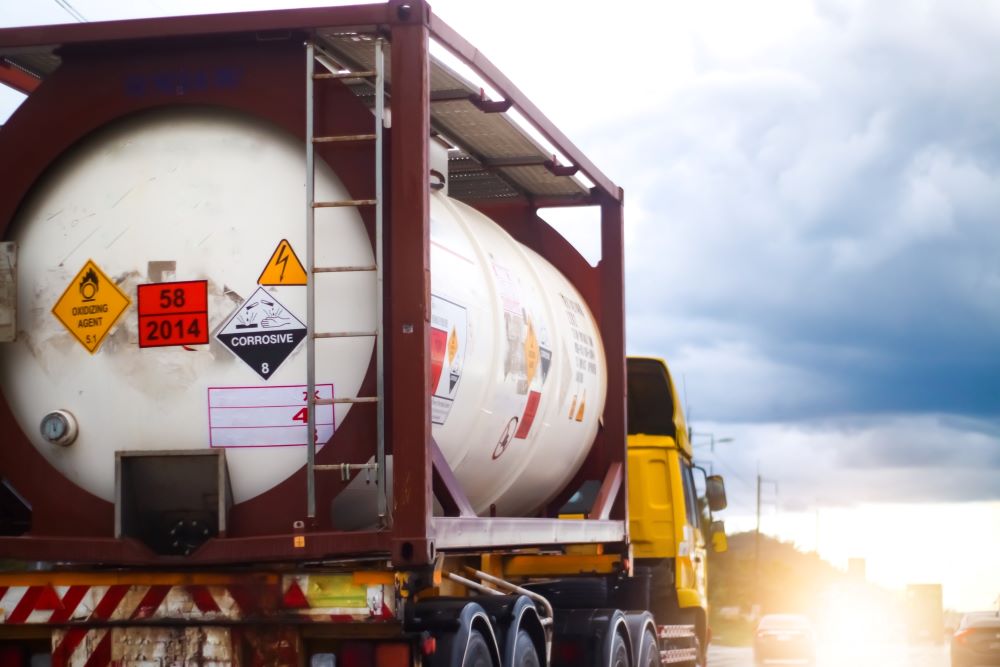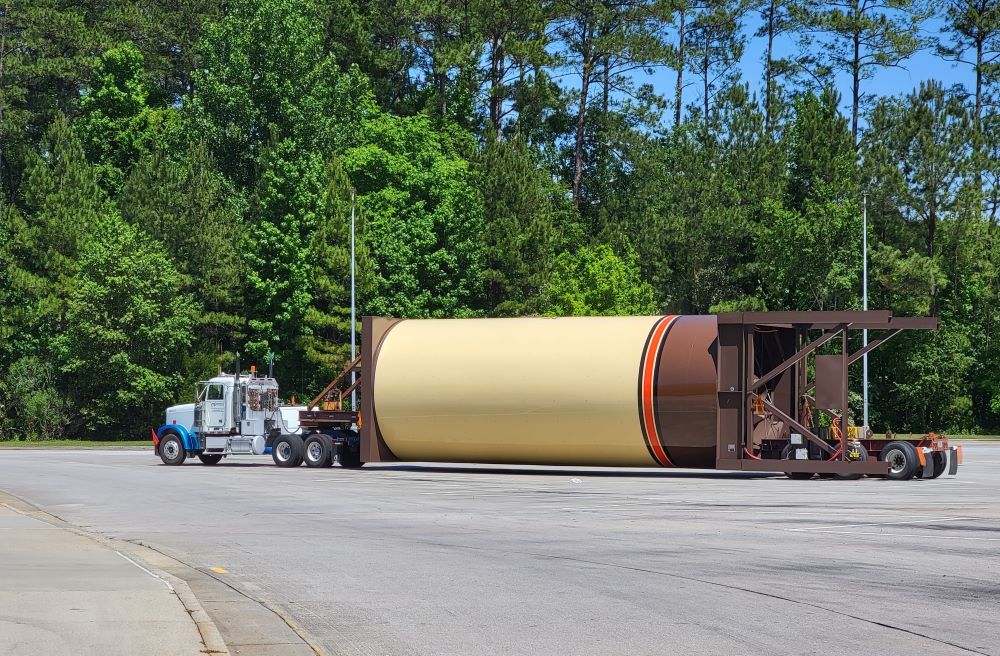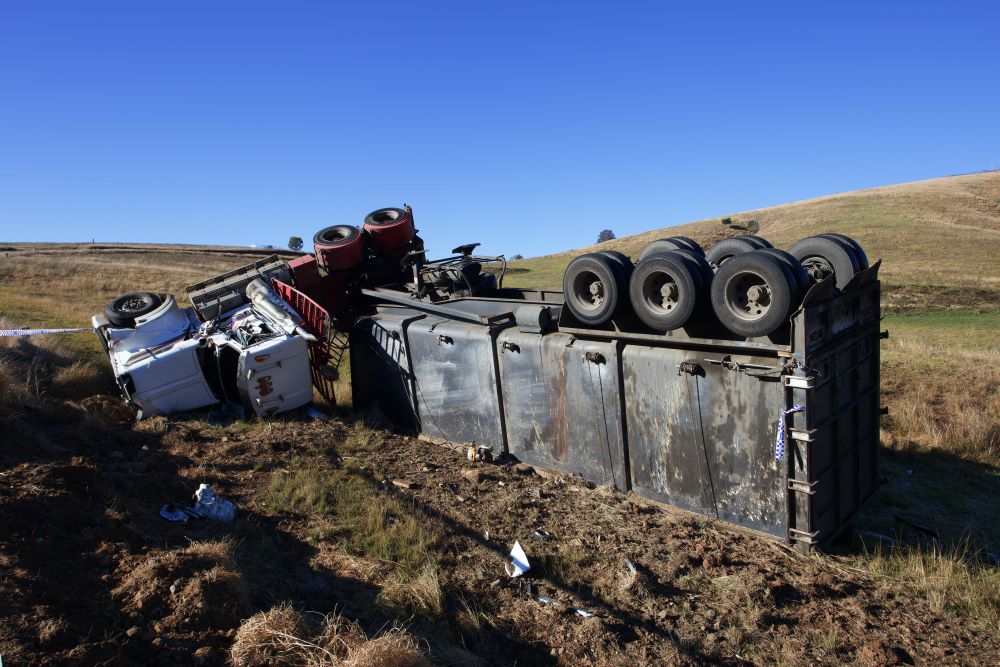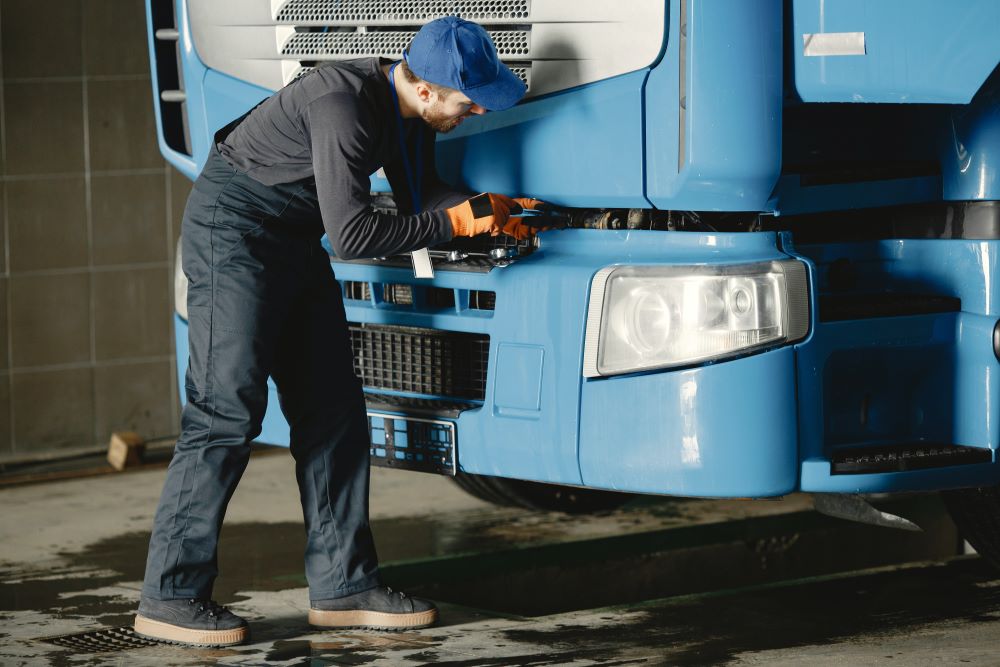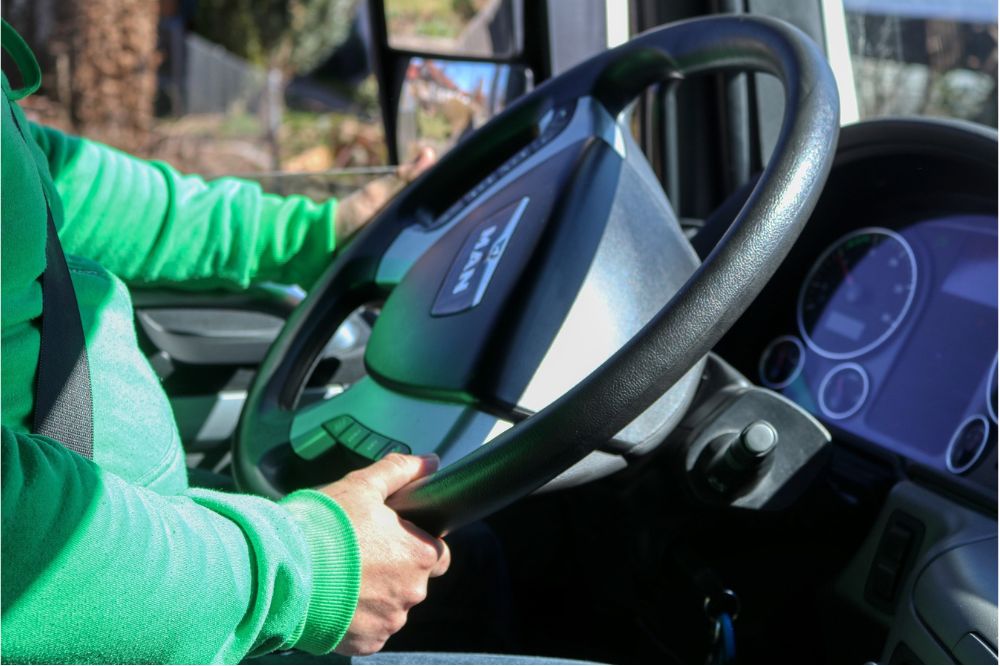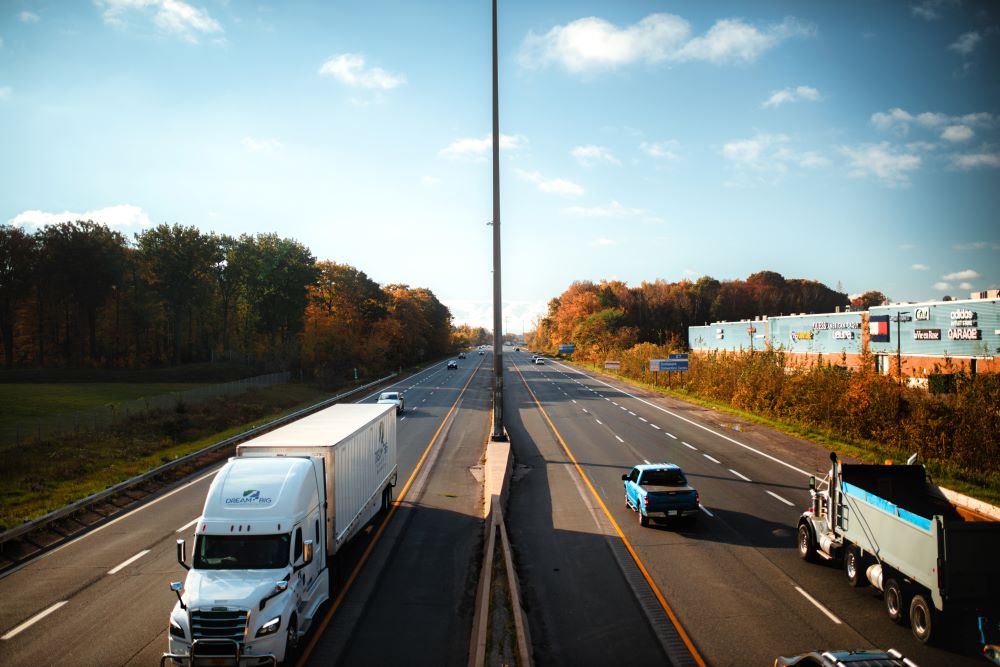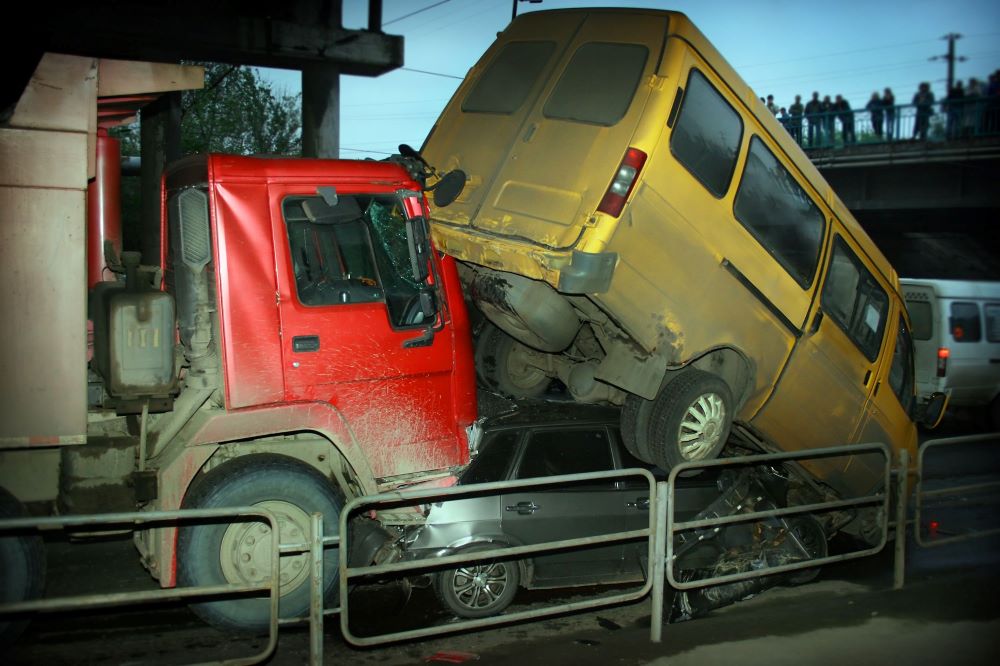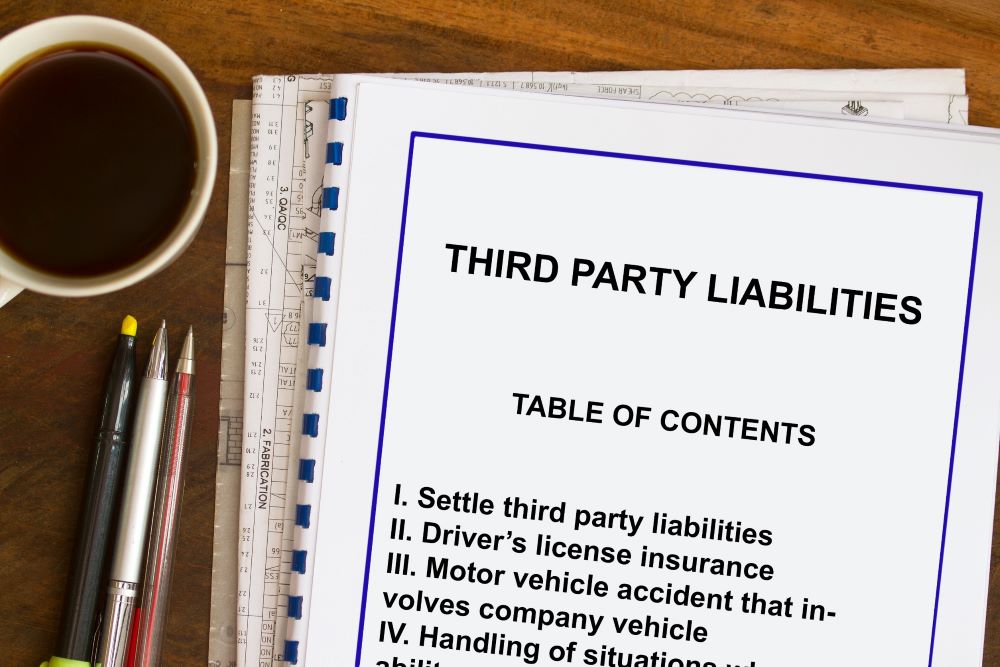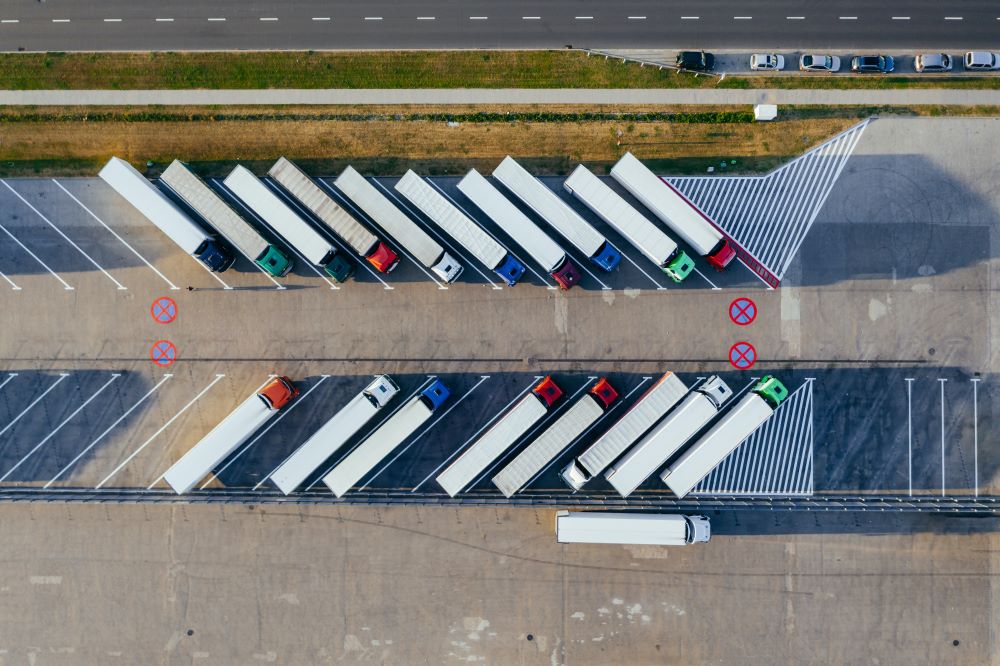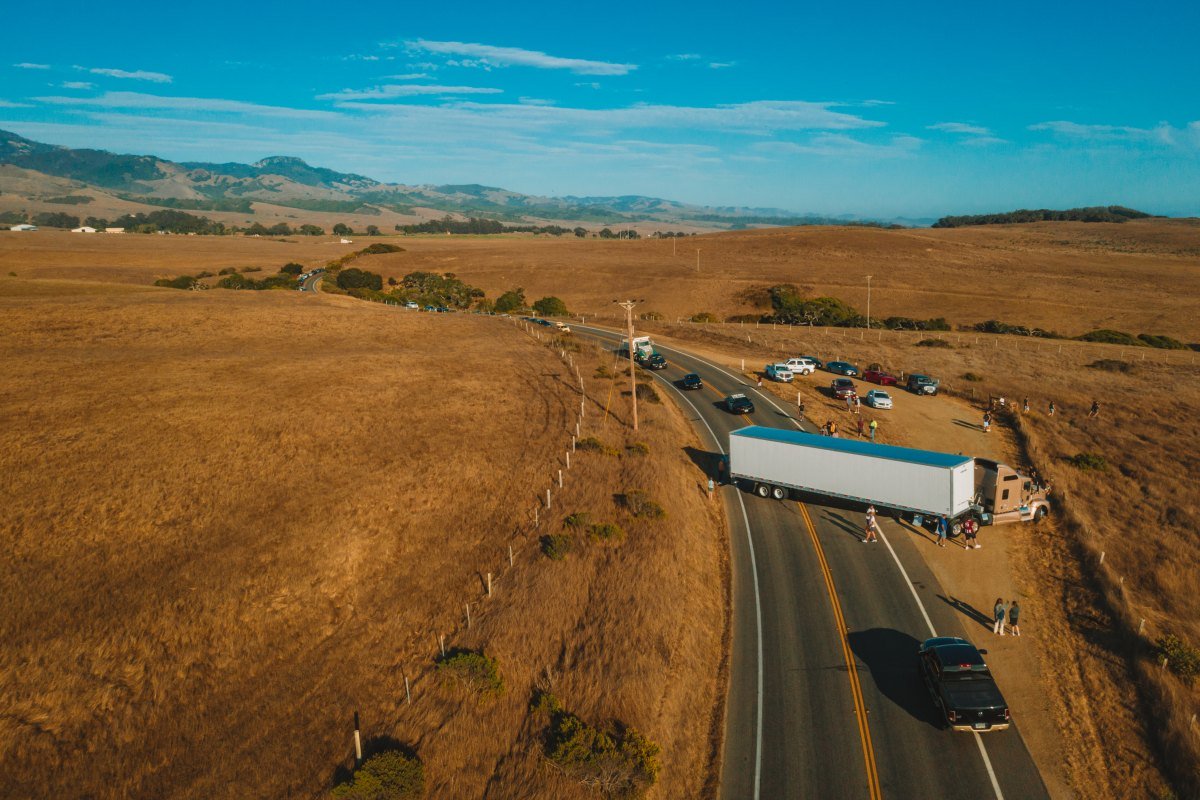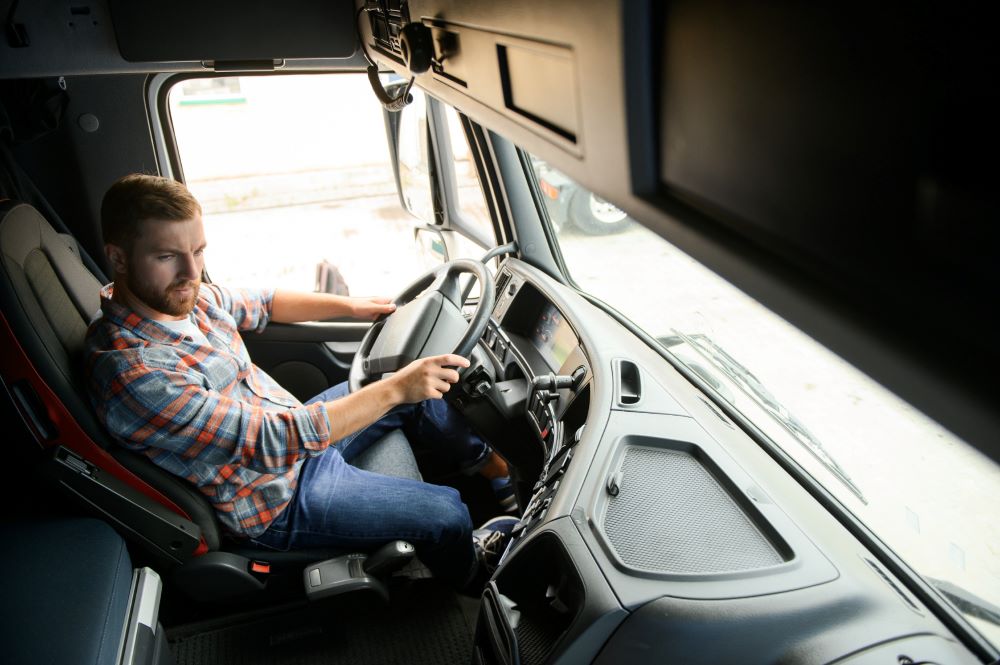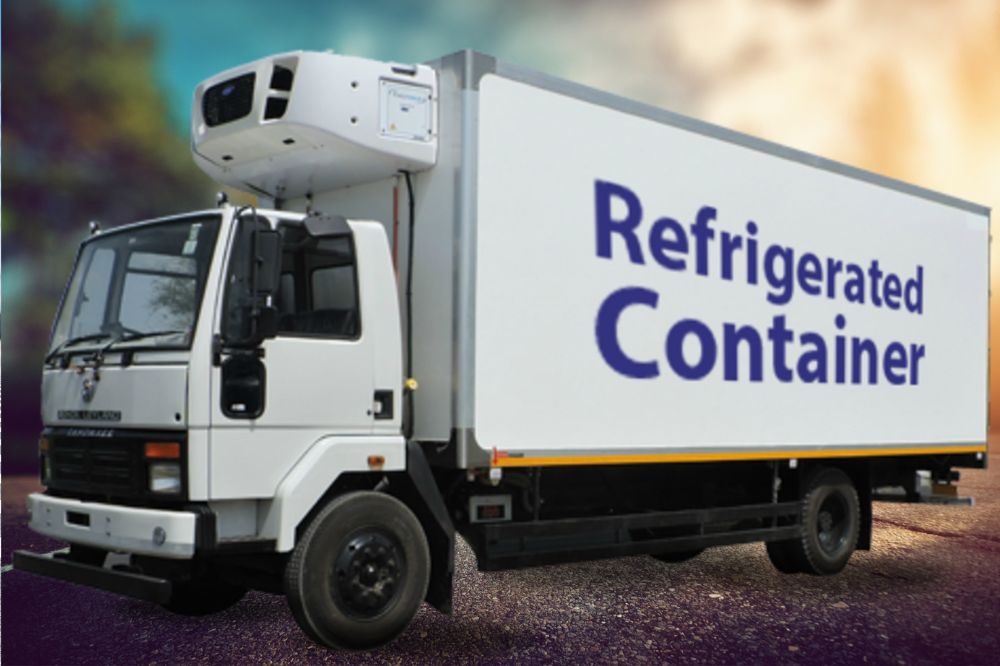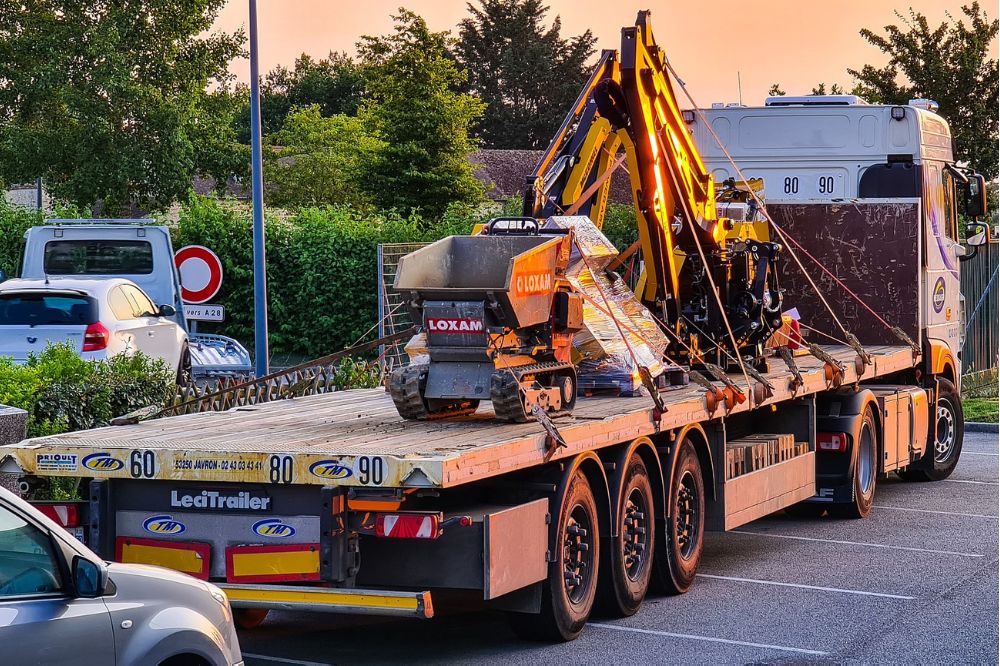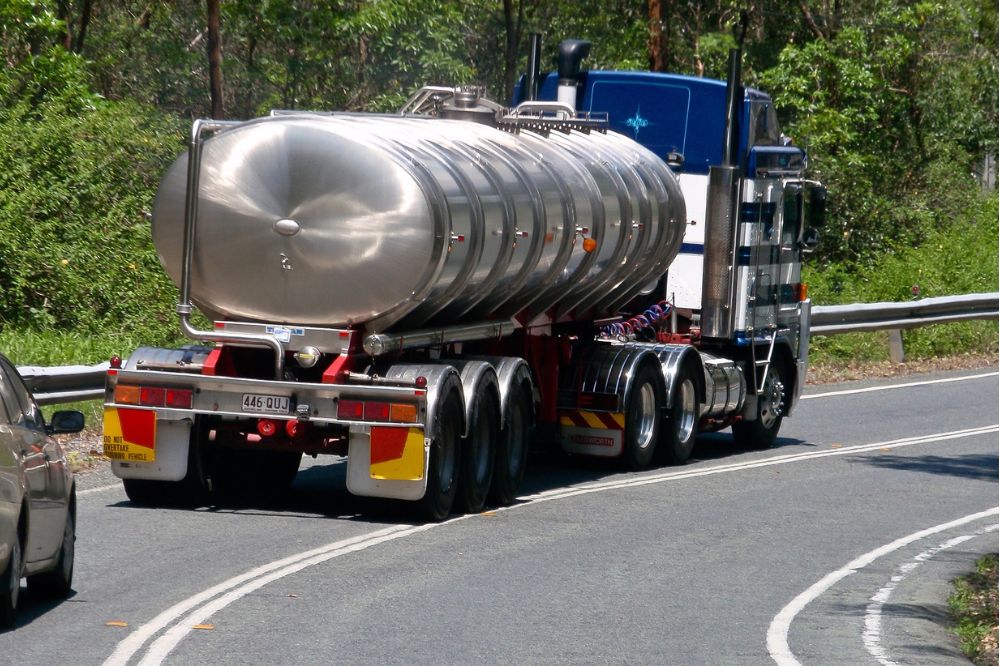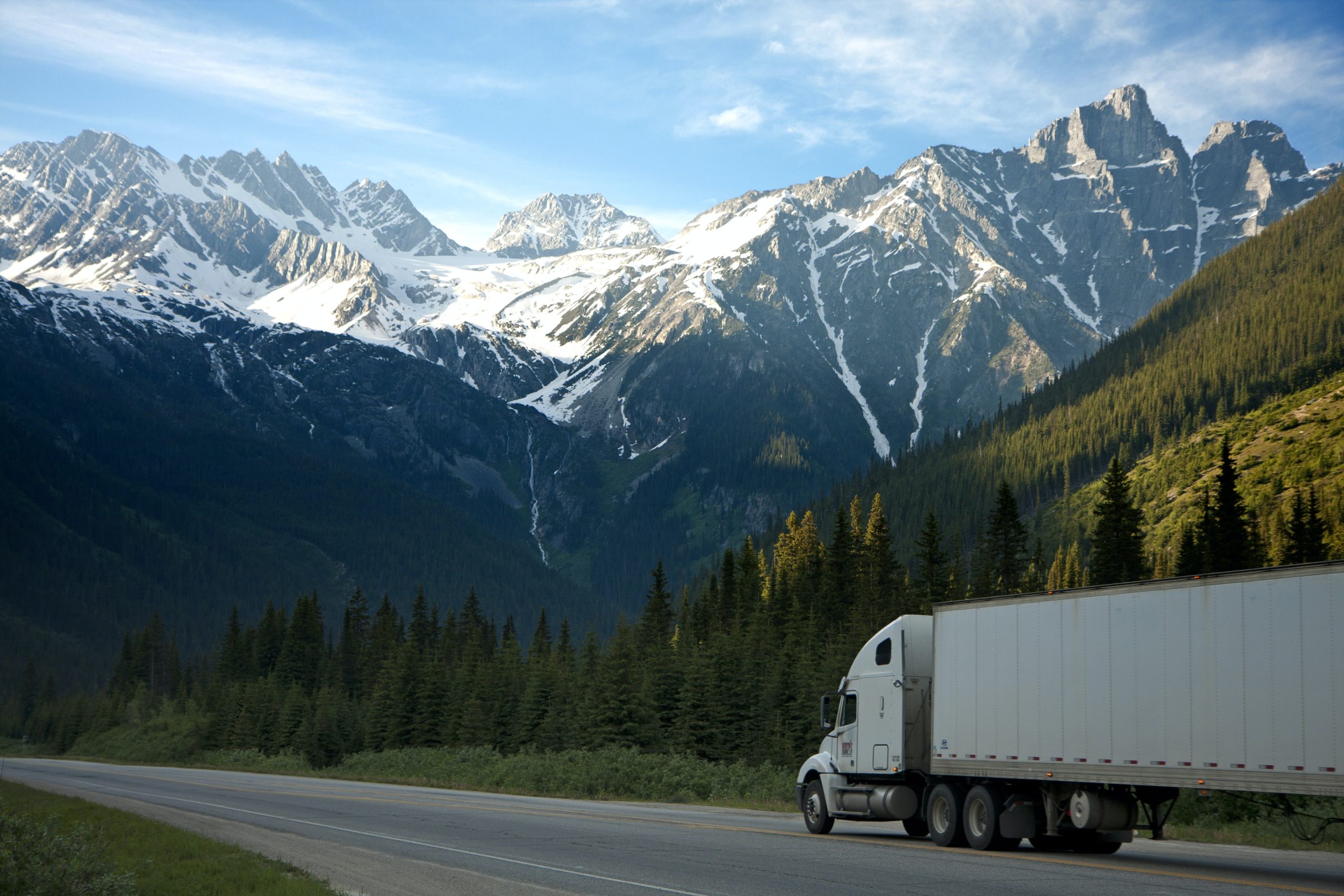Getting proper commercial insurance coverage is one of the most essential steps in starting a trucking business. The trouble is that many truck drivers struggle to get good coverage due to having high-risk profiles.
If you fall into the high-risk category, don’t worry. You can still take various options to secure the right insurance coverage for your business. We’ll explore some of these options below.
What is High-Risk Commercial Truck Insurance?
High-risk commercial truck insurance is a type of insurance specifically designed for trucking companies or owner-operators who are considered to have a higher risk of accidents or insurance claims than the average in the industry.
This type of insurance is necessary because the nature of the trucking business, with large and heavy vehicles on the road, poses inherent risks.
Here are some of the main factors that contribute to giving truck drivers a high-risk status:
Driving History: Trucking companies or drivers with a history of accidents, traffic violations, or other driving-related issues may be considered high-risk.
Cargo: Transporting hazardous materials, highly valuable cargo, or other specialized freight can increase the risk associated with the operation and may require specialized coverage.
Operating in High-Risk Areas: Trucking in regions with challenging road conditions, severe weather, or high traffic congestion can increase the likelihood of accidents and insurance claims.
New Ventures: New trucking businesses without a proven track record may be categorized as high-risk until they establish a history of safe operations.
High Mileage: Companies or drivers covering a significant number of miles each year may face higher risks simply due to the increased exposure to potential accidents.
Vehicle Size and Type: Larger and heavier trucks pose a greater risk on the road, and their insurance costs can reflect that increased risk.
High-risk commercial truck insurance is tailored to address these elevated risks. It typically offers liability coverage (damage to others), physical damage to the truck and cargo, medical payments, and other potential liabilities arising from commercial truck accidents or incidents.
Premiums for high-risk truck insurance are often higher than for standard policies because insurers must account for the increased likelihood of claims.
High-Risk Commercial Truck Insurance Options
Getting the right high-risk commercial truck insurance policy can be tricky. Many insurers are wary of dealing with high-risk candidates. However, various high-risk insurance companies do exist and they offer various solutions to match the needs of drivers and trucking businesses.
Here are some high-risk insurance options to consider:
Specialized High-Risk Insurers
Some insurance companies specialize in providing coverage for high-risk commercial trucking operations. These insurers may be more willing to work with businesses or drivers with a history of accidents or violations.
Many well-known insurance providers offer specialized high-risk policies to ensure they can offer coverage to all truck drivers.
Non-standard Insurance Providers
Non-standard insurance providers are another option for high-risk trucking. They cater to drivers or companies with a challenging risk profile.
While premiums may be higher, they can offer coverage when traditional insurers decline. These policies are often best for high-risk candidates who want to ensure they still get maximum coverage.
Assigned Risk Pools
Some states have assigned risk pools or state-run insurance programs for high-risk commercial trucking.
These programs are designed to ensure that every trucking company has access to insurance coverage, even if they are deemed high-risk. If you’re a high-risk truck driver, then be sure to check to see if assigned risk pools are available in your state.
Increased Deductibles
Consider opting for higher deductibles on your policy. While this means you’ll pay more out of pocket in the event of a claim, it can help lower your premium costs.
This is not necessarily a high-risk insurance policy type. Still, it is an option for candidates with a more significant risk profile. Commercial trucking insurance companies will often be more willing to take on higher-risk candidates if they’re happy with increased deductibles.
Risk Management
Maybe you’re struggling to find an insurance provider willing to take you on. While you can’t necessarily reduce your risk profile or history, you can actively work on making yourself more appealing to insurers.
Implementing a robust risk management program can demonstrate to insurers that you are actively working to reduce risk. This may include driver safety training, regular vehicle maintenance, and other safety measures.
Cargo Insurance
If your high-risk status is related to the type of cargo you transport (e.g., hazardous materials), consider purchasing specialized cargo insurance to cover potential losses or accidents involving the load.
Fleet Safety Programs
Implementing a comprehensive safety program focusing on accident prevention can help improve your risk profile over time. Insurers may offer lower premiums to companies with strong safety records.

Telematics and Tracking
Installing telematics devices and vehicle tracking systems can help monitor driver behavior and vehicle performance, reducing the risk of accidents and insurance claims. In fact, many commercial insurance providers offer these devices to help make their policies more flexible.
Financial Responsibility Bonds
Sometimes, you may need to obtain a financial responsibility bond to meet minimum insurance requirements. This bond ensures that you can cover potential liabilities in case of an accident.
Consult with an Insurance Broker
An insurance broker with experience in commercial trucking can help you find suitable coverage options, even in high-risk situations. They can shop around and negotiate on your behalf to find the best rates.
Conclusion
Finding high-risk commercial truck insurance may be difficult, but it’s far from impossible. Ensure you understand your high-risk trucking insurance options before searching for the right insurance company and planning to meet your needs.
If you’re looking for trucking insurance to purchase a vehicle, you’ll likely need to secure the best commercial truck financing for your needs. Contact Mission Financial; we can help even high-risk candidates secure the funding they need to purchase a semi-truck.


